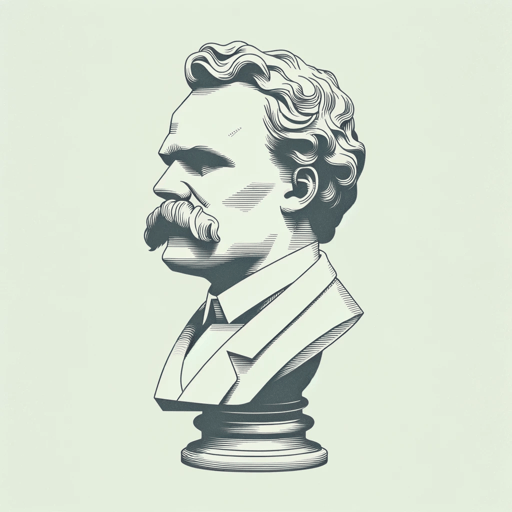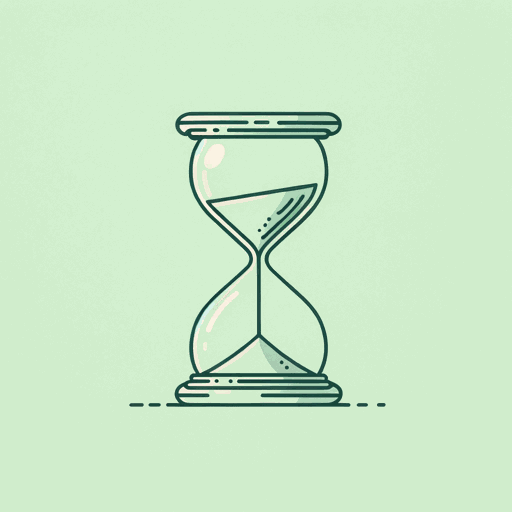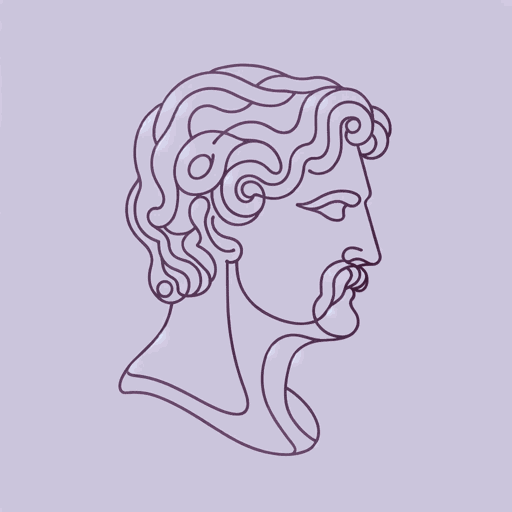32 pages • 1 hour read
Friedrich NietzscheThe Gay Science
Nonfiction | Book | Adult | Published in 1882A modern alternative to SparkNotes and CliffsNotes, SuperSummary offers high-quality Study Guides with detailed chapter summaries and analysis of major themes, characters, and more.
Key Figures
Narrator/Zarathustra
One character dominates, and dictates, The Gay Science: a voice obsessed with understanding the origins and architecture of knowledge and interrogating the selfish needs that drive human intelligence. It is debatable whether the voice in the text is Nietzsche himself, functioning as an unnamed narrator, or Nietzsche writing as the voice of Zarathustra, who, after ten years of thinking and living in the mountains, decides to descend in to the realm of humankind to share the interrogations, insights, and proposals put forth in The Gay Science.
In either case, Nietzsche selects to use the voice of a medieval poet in The Gay Science. In doing so, Nietzsche breaks away from the language of traditional philosophic rhetoric, just as his philosophy breaks with all preexisting, conventional philosophies. Nietzsche plans to declare that God is dead, and proposes humanity still lives in the shadow of the errors of the Middle Ages, errors that have been perpetuated since antiquity. Therefore, taking on the voice of a medieval poet shows form fitting function: society has largely not learned from its past mistakes, so the voice in The Gay Science is a voice from the past, and therefore, and metaphorically, a voice from Nietzsche’s own time, as well.
Related Titles
By Friedrich Nietzsche

Beyond Good And Evil
Friedrich Nietzsche

On The Advantage And Disadvantage Of History For Life
Friedrich Nietzsche

On the Genealogy of Morals
Friedrich Nietzsche

The Antichrist
Friedrich Nietzsche, Transl. H.L. Mencken

The Birth of Tragedy
Friedrich Nietzsche

The Will to Power
Friedrich Nietzsche, Ed. Walter Kaufmann, Transl. R.J. Hollingdale

Thus Spoke Zarathustra: A Book for All and None
Friedrich Nietzsche

